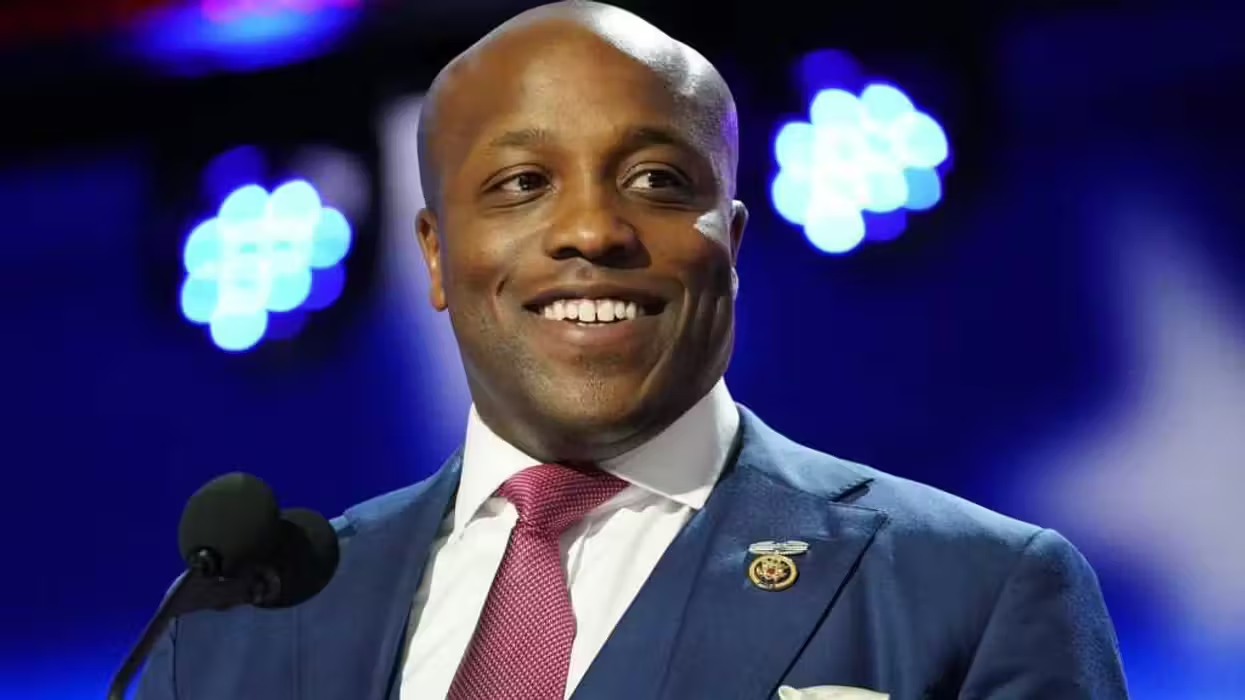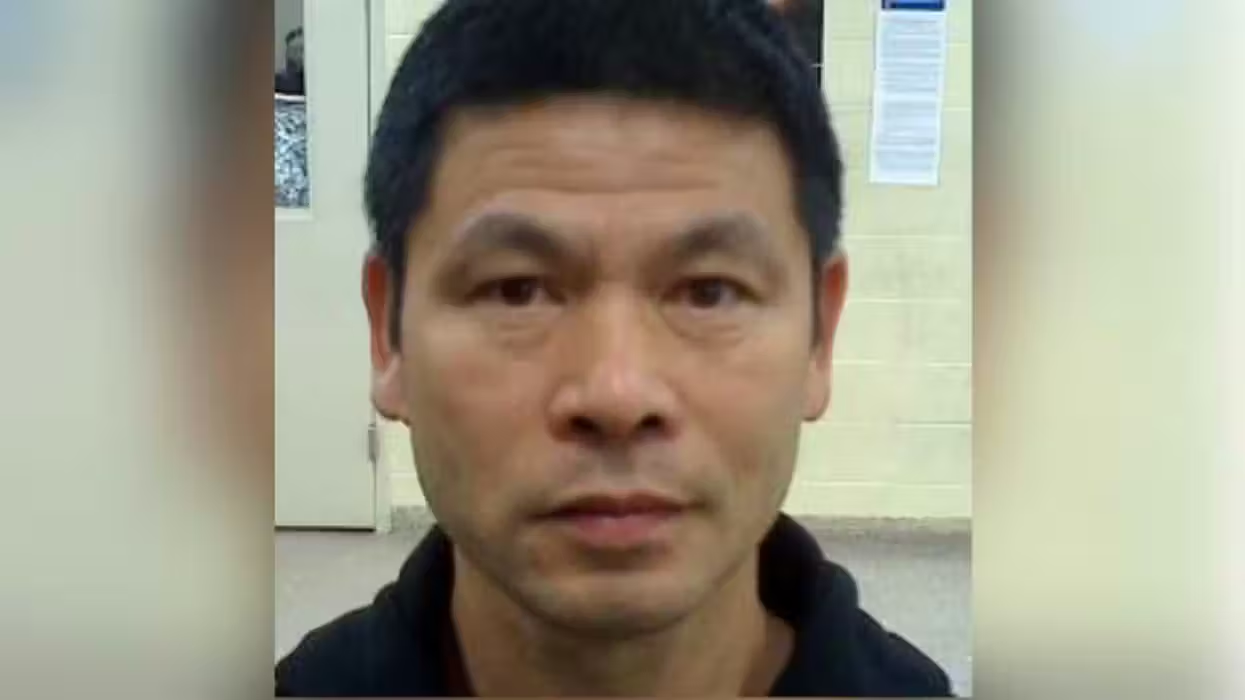
© 2025 Blaze Media LLC. All rights reserved.
 Lois Lerner. (AP)
Lois Lerner. (AP)
Lois Lerner, the Director of the Internal Revenue Service’s Exempt Organizations office, gave a lengthy opening statement defending her innocence, infuriating law makers and prompting some to suggest she had waived her Fifth Amendment right against self-incrimination.
In her opening statement, Lerner told members of the House Oversight and Government Reform Committee, “I have not done anything wrong. I have not broken any laws, I have not violated any IRS rules or regulations and I have not provided false information on this or any other congressional committee.” She then tried to invoke her Fifth Amendment right against self-incrimination. Immediately, a furious Rep. Trey Goudy, (R - S.C.), a former federal prosecutor said, “She just testified. She just waived her Fifth Amendment right to privilege, you don’t get to tell your side of the story and not be subjected to cross-examination. That’s not the way it works.”
Rep. Daryl Issa (R- Calif.) responded by saying “at this point, I believe you have not asserted your rights, but effectively waived your rights.” But did she? “Ms. Lerner may have waived her Fifth Amendment rights by addressing core issues in her opening statement and the authentication afterwards”, Issa, said as he brought the hearing to a close. “Although I excused Ms. Lerner subject to recall I am looking into the possibility of recalling her and insisting she answer questions in light of a waiver.”
In certain circumstances, Lerner’s opening statement could be interpreted as a “subject matter waiver,” meaning she had made factual statements about the case that then opened the door for the committee to ask her for further details. In order to compel Lerner to testify, Congress would have to hold her in contempt.
The assertion of the Fifth Amendment is a constitutional question. Courts have interpreted that the Fifth must be asserted in the absolute, not partially.
Brown v. US:
- https://caselaw.lp.findlaw.com/scripts/getcase.pl?navby=case&court=us&vol=356&invol=148
- Justice Frankfurter writes in the majority opinion, “As I construe the holding in Arndstein v. McCarthy, it is based on the simple ground that once a witness has incriminated himself subsequent inquiries concerning the same offense cannot harm him any further and the reason for the privilege disappears.” But cf. Rogers v. United States, 340 U.S. 367 .
- https://supreme.justia.com/cases/federal/us/356/148/case.html
Rogers v. US:
- https://caselaw.lp.findlaw.com/cgi-bin/getcase.pl?navby=case&court=us&vol=340&invol=367
- https://supreme.justia.com/cases/federal/us/340/367/
- Chief Justice Vinson writes in the majority opinion, “Having freely answered self-incriminating questions relating to her connection with the Communist Party, petitioner could not refuse to answer further questions which would not subject her to a real danger of further incrimination.” Pp. 340 U. S. 372-375.
Most circuits have held giving testimony in an earlier trial or before a grand jury usually will not be found to constitute a waiver of the Fifth Amendment privilege in subsequent proceedings.
A waiver of the Fifth Amendment privilege is limited to the same proceeding in which the witness testifies. (United States v. Gary, 74 F.3d 304, 312 (1st Cir. 1996); United States v. Cain, 544 F.2d 1113, 1117 (1st Cir. 1976); United States v. Licavoli, 604 F.2d 613,623 (9th Cir. 1979).
HOWEVER, the D.C. Circuit and the Eighth Circuit reflect the minority view. Ellis v. United States, 416 F.2d 791, 801 (D.C. Cir. 1969) holds that witness’s testimony before grand jury waived his right to assert privilege at the subsequent trial. Walker v. Lockhart, 763 F.2d 942, 951-52 (8th Cir. 1985) holds that the defendant waived the Fifth Amendment right against self-incrimination during the habeas corpus hearing).
It appears that the general rule in most circuits is that waiver of the privilege against self-incrimination is that the waiver is limited to that particular proceeding. So a defendant who testifies at a civil proceeding has not waived his privilege to refuse to testify in the subsequent criminal proceeding. However, and this is very important, if a defendant waives his privilege against self-incrimination with regard to a civil proceeding, you can use the Rules of Evidence to get it in under a party admission. Therefore, if Lois Lerner is prosecuted criminally, she may not then assert her Fifth Amendment privilege against self-incrimination.
Want to leave a tip?
We answer to you. Help keep our content free of advertisers and big tech censorship by leaving a tip today.
Want to join the conversation?
Already a subscriber?
Edward Woodson is a lawyer, political commentator, and host of “The Edward Woodson Show,” which airs weekdays on WZAB and streams online at EdwardWoodson.com.
Edward Woodson
Edward Woodson is a lawyer, political commentator, and host of “The Edward Woodson Show,” which airs weekdays on WZAB and streams online at EdwardWoodson.com.
more stories
Sign up for the Blaze newsletter
By signing up, you agree to our Privacy Policy and Terms of Use, and agree to receive content that may sometimes include advertisements. You may opt out at any time.
Related Content
© 2025 Blaze Media LLC. All rights reserved.
Get the stories that matter most delivered directly to your inbox.
By signing up, you agree to our Privacy Policy and Terms of Use, and agree to receive content that may sometimes include advertisements. You may opt out at any time.






